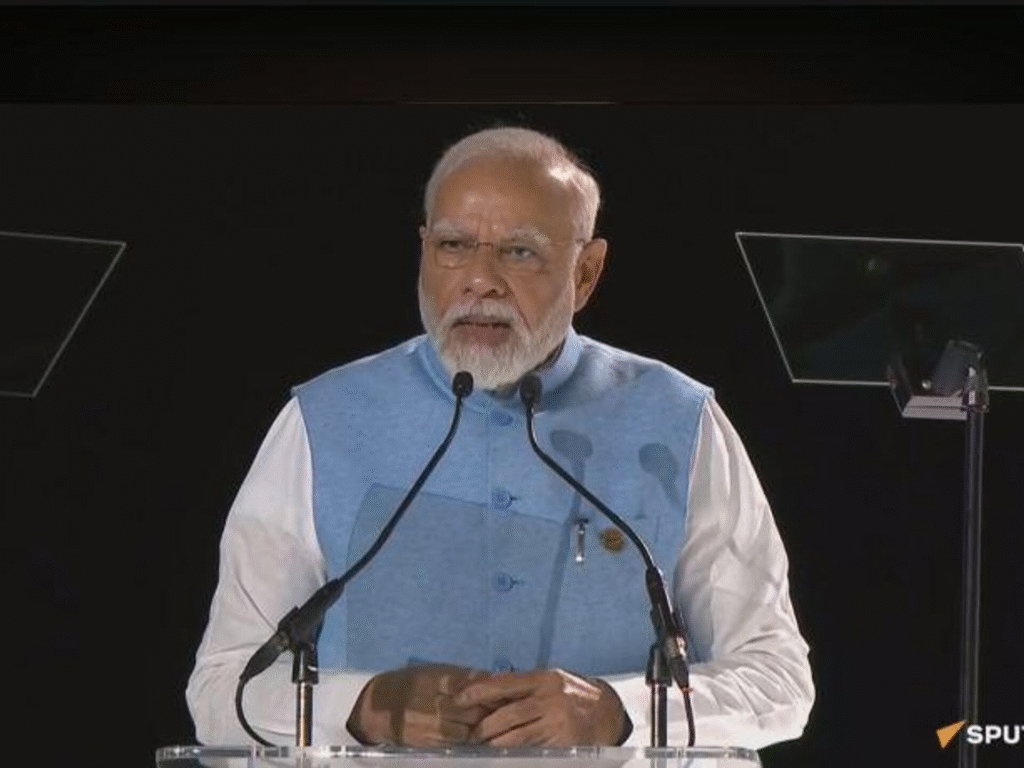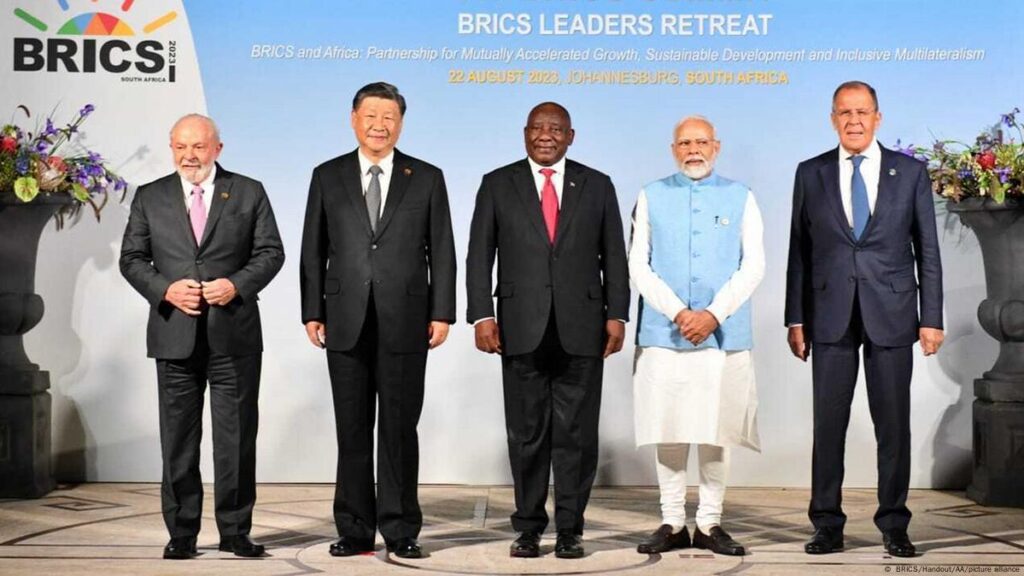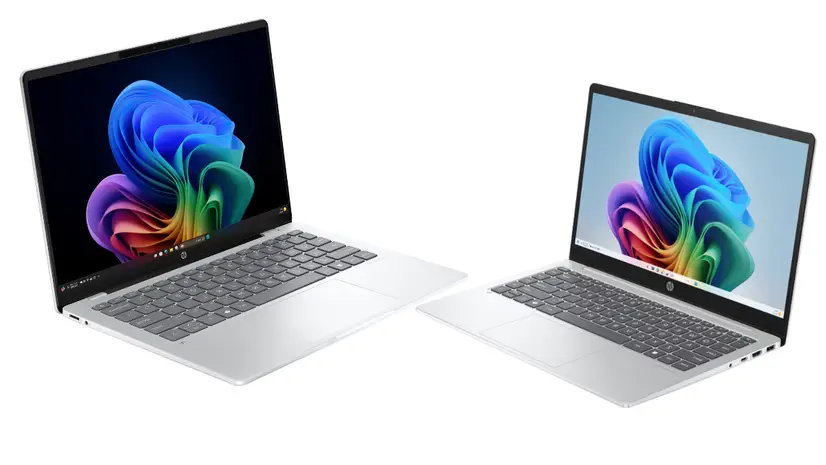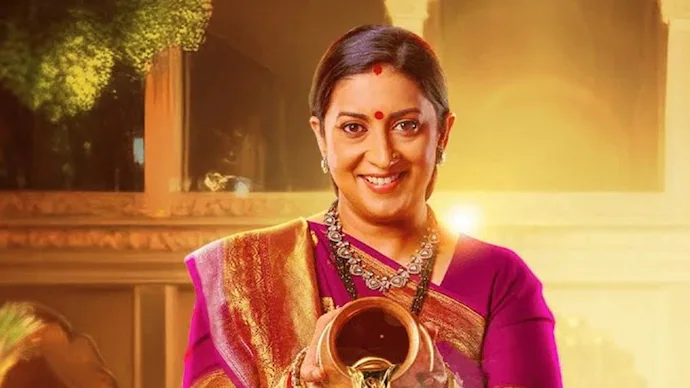The world is undergoing a significant transformation. Geopolitical power dynamics are shifting, and international relations are constantly evolving. Within this context, the BRICS grouping – comprising Brazil, Russia, India, China, and South Africa – holds increasing significance. Prime Minister Narendra Modi’s recent announcement that India will play a pivotal role in shaping a “new form” of BRICS in 2026 has sparked considerable interest. This article will explore the implications of this announcement, delving into the potential changes to BRICS, India’s key priorities, and the anticipated impact on the global stage. This is not just an organizational change; it signals a potential shift in the balance of global power and a reimagining of international cooperation.
Deciphering “New Form”: What Does Modi’s Vision Entail?
The term “new form” is purposefully ambiguous, creating both intrigue and anticipation. It suggests a significant evolution of the BRICS framework, going beyond mere incremental changes. Several potential avenues for transformation exist. One area could be changes to the decision-making processes within the group. This might include streamlining voting procedures, enhancing transparency, and fostering greater collaboration among member states. Another possibility is the expansion of membership. The inclusion of new nations could broaden BRICS’ influence and represent a more diverse global perspective. Moreover, a “new form” could signal a shift in focus, prioritizing emerging areas such as digital transformation, sustainable development, and the advancement of cutting-edge technologies. The precise details remain to be revealed, but the promise of a revitalized BRICS is clear.

The potential changes could also encompass a greater emphasis on collaborative projects. This could involve joint ventures in infrastructure development, technology transfer, and resource management. There may also be a strengthened focus on the digital economy, with initiatives designed to bridge the digital divide and facilitate cross-border transactions. The evolution of BRICS may also include enhanced security cooperation to tackle challenges such as terrorism, cybercrime, and climate change. A comprehensive review of existing agreements could lead to a stronger and more unified front on important global issues. The aim is to create a more agile and effective organization capable of addressing the complex challenges of the 21st century.
Potential Areas of Focus for India in the “New Form” BRICS
India is likely to play a leading role in defining the agenda for the “new form” of BRICS. The nation’s priorities are expected to reflect its own development goals and aspirations for global leadership. One key area of focus is undoubtedly economic cooperation. India aims to facilitate increased trade and investment flows among BRICS members. The aim is to bolster infrastructure development and promote greater economic integration. This also supports the goal of becoming a $5 trillion economy.

Digital transformation is also a key element of India’s vision. The government is championing digital economies and reducing the digital divide through innovative policies. This could include the development of shared digital platforms, data exchange initiatives, and investments in digital infrastructure. Another priority is sustainable development. India is committed to promoting green energy, mitigating climate change, and protecting the environment. Within BRICS, India is expected to advocate for collaborative initiatives on renewable energy, climate financing, and sustainable resource management. Another key area is promoting Security and counter-terrorism. Collaboration to address these challenges would make the world a better place. Moreover, India will push for the reform of International Institutions, advocating for a more equitable global order.

PM Modi’s vision for a “new form” of BRICS in 2026 represents a crucial moment in the evolution of global governance. India is poised to take a leading role in shaping the future of this important international grouping, bringing its expertise and vision to the fore. The changes hold the promise of creating a more inclusive and equitable world order. While significant challenges may lie ahead, the potential for enhanced cooperation and a more multipolar global landscape is truly compelling. What are your thoughts on the future of BRICS and India’s role? Share your comments below!









